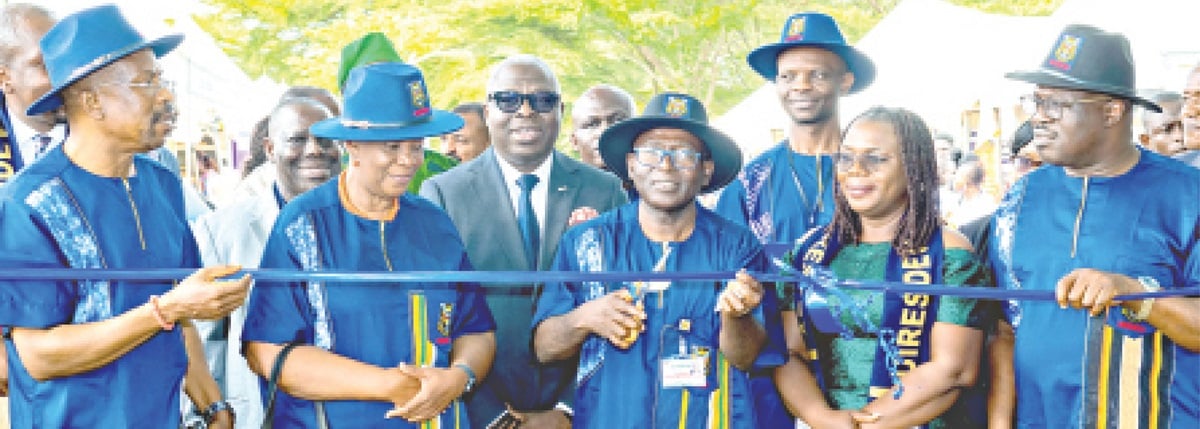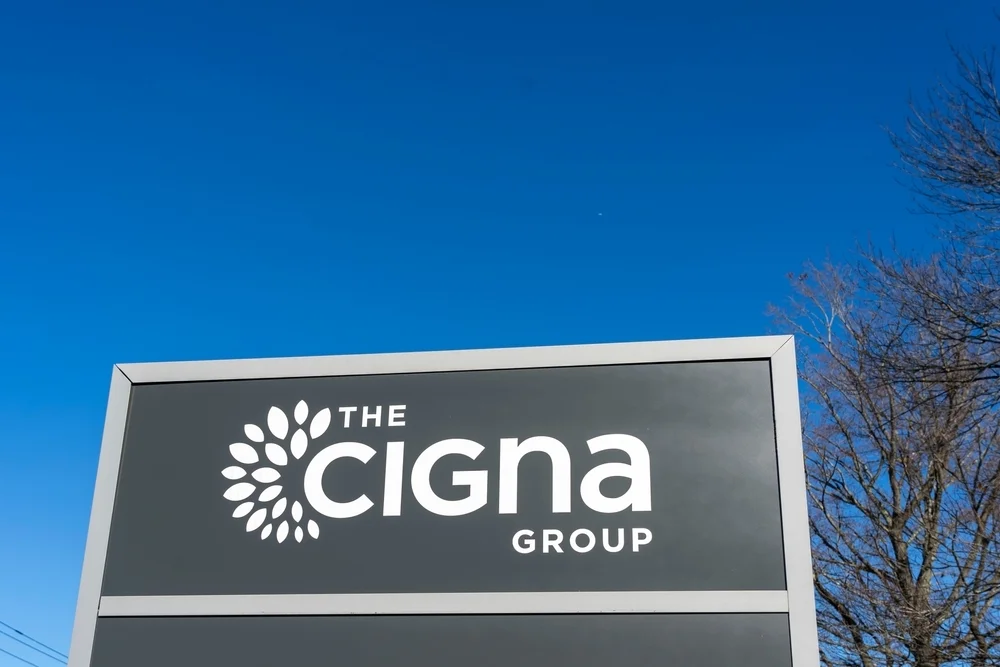Copyright tribuneonlineng

THE Vice Chancellor of the University of Ibadan, Professor Kayode Adebowale, has described research, innovation, and development as the tripod of societal stability, acknowledging research as the foundational leg of the tripod, innovation as its transitional leg, and development as the impactful leg. He asserted that societal stability and progress depend on the strength of the trio. He made this statement at the opening ceremony of the university’s research and development fair tagged “UI-Town Connect 2025.” The annual event was part of activities marking the 77th Founder’s Day of the institution and the 2025 convocation ceremonies. Professor Adebowale acknowledged the timeliness of the fair’s theme, ‘Research, Innovation and Development: A Tripod for Meeting Societal Needs,’ stating that the metaphor perfectly captures the symbiotic relationship between the three concepts. He disclosed that the fair was aimed at strengthening the tripod, saying that research works are incomplete until they transcend the boundaries of the institution and effect tangible changes in the community and the nation at large. The VC emphasised the importance of the fair, explaining that it is a cornerstone of the activities marking the 77th Foundation Day and 2025 convocation ceremonies of the University of Ibadan. The deputy vice chancellor, Research, Innovation and Strategic Partnerships, Professor Oluyemisi Bamgbose, disclosed that the fair had become a vital platform where scholars, investors, and policymakers collaborate to transform research into solutions that address real societal needs. She explained that the 2025 theme emphasises that research must drive innovation and innovation must result in development, reiterating that knowledge creation, practical application, and societal impact must work together to solve real problems. The chairperson of the fair, Founder/CEO of Psaltry International Company Limited, Mrs Oluyemisi Iranloye, disclosed that Psaltry’s major breakthrough came when Nigeria and Africa’s first, and the world’s second, cassava-based sorbitol factory was established, explaining that this was the result of combined efforts in Research, Innovation, and Development (RID) to meet societal needs. She added that deploying the tripod enabled the local production of sorbitol from cassava, a key ingredient used in toothpaste production which was previously made mainly from corn and largely imported. Mrs Iranloye submitted that when we take problem-solving through RID, we are doing more than building a sustainable livelihood or becoming trailblazers; we are contributing to local and global development. In his keynote address, MD/CEO of Aradel Holdings, Engineer Adegbite Falade, asserted that a patent that powers a factory contributes more to national productivity than a dozen journal citations, urging academia to give incentives to problem-solvers rather than reward academics solely for their publications. He identified the lack of modern prototyping facilities, pilot-scale plants or accreditation labs, inadequate funding, weak Intellectual Property (IP) frameworks, and policy incoherence as gaps that need to be bridged in order to scale up on the tripod. Falade called for five strategic reforms to accelerate RID. He listed them as: creating research-industry clusters around leading universities; launching a National Innovation Fund; standardising IP and revenue-sharing policies; institutionalising annual “Industry Challenge Briefs,” and measuring and publishing outcomes. The Director General of DAWN Commission, Dr Seye Oyeleye, in an address read on his behalf by Dr Adesoji Farayibi, stated that for research, innovation, and development to function effectively as a tripod, several success factors must align. He said research must be supported by a robust innovation ecosystem that includes incubators, intellectual property frameworks, and technology transfer offices. He restated that adequate and stable funding, good institutional governance, and an enabling policy environment are essential, urging universities to foster interdisciplinary research, reward innovation, and encourage risk-taking that moves innovations from prototypes to real-world impact through viable business models and partnerships that ensure long-term societal and economic benefits. The Special Guest of Honour and Director of the World Intellectual Property Organization (WIPO), Nigeria Office, Dr Oluwatobiloba Moody, asserted that an understanding of Intellectual Property (IP) will transform Nigeria’s development journey, disclosing that IP is the engine at the heart of driving innovation. He described IP as creations of the mind, such as inventions, literary and artistic works, designs, and symbols, names, and images used in commerce, saying that the interests of creators and other producers of intellectual goods and services need to be safeguarded. According to him, IP rights provide the legal basis through which creators of works, whether individuals or institutions — are able to benefit from their investments in creation. Therefore, understanding intellectual property (IP) is an important part of commercialising research, and it is a multi-step process to take an invention from the laboratory out into the world. Professor Andrew Fadoju, Chairman, UI RESDEV Committee, had earlier disclosed that the objective of the fair was to provide a platform to foster collaboration, showcase innovation, and explore opportunities. One of the highlights of the ceremony was the Gen-Z Hackathon 2.0 Grand Finale, which featured five teams pitching their innovative ideas, with the top three walking away with cash prizes. An exhibition scheduled to hold for two-day followed the opening ceremony.



